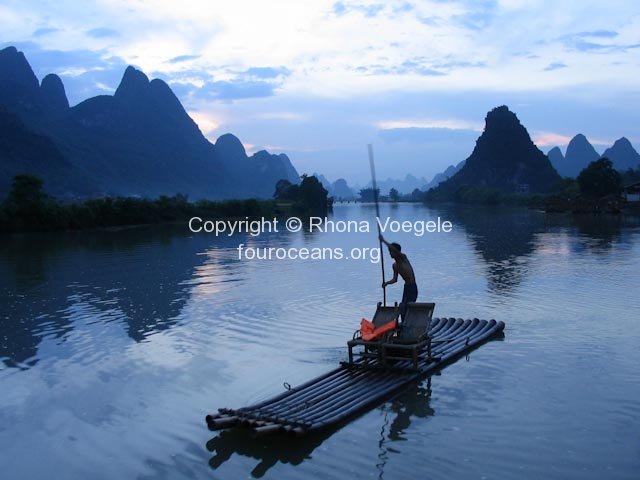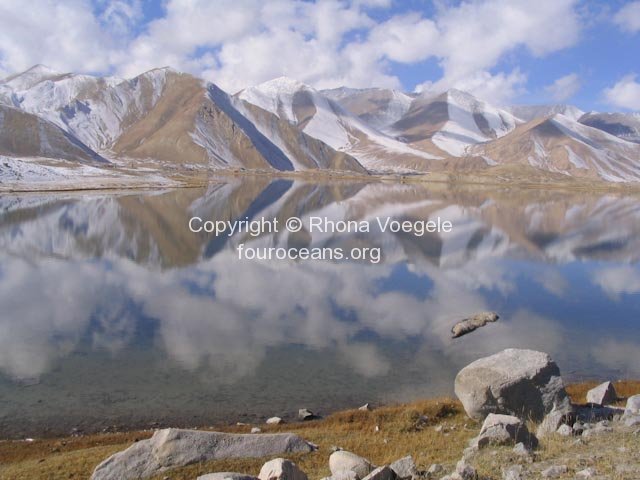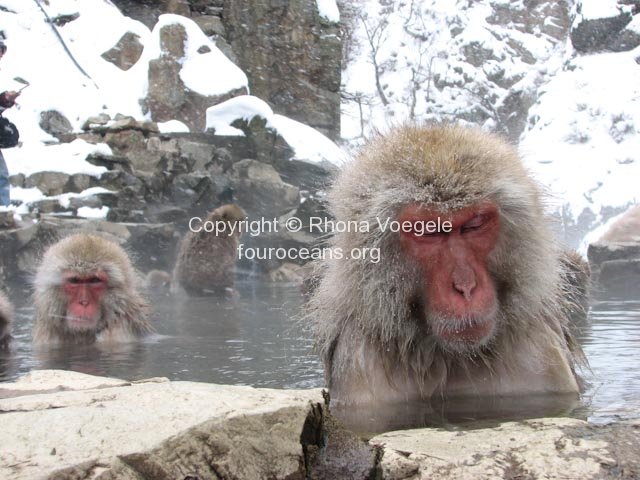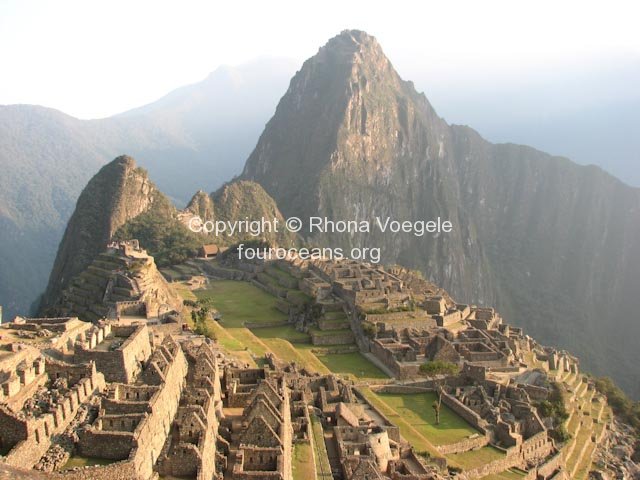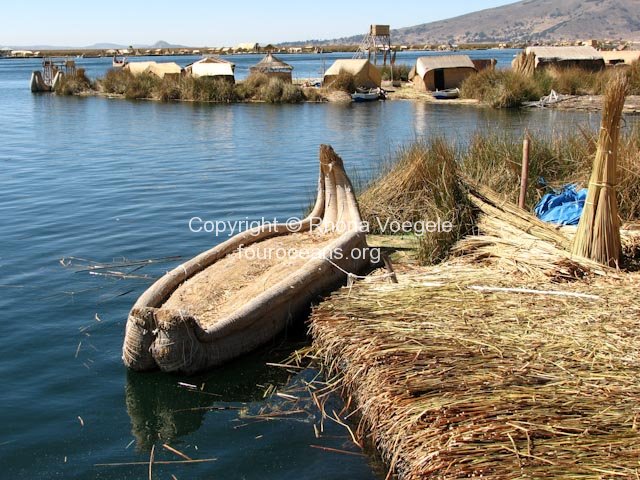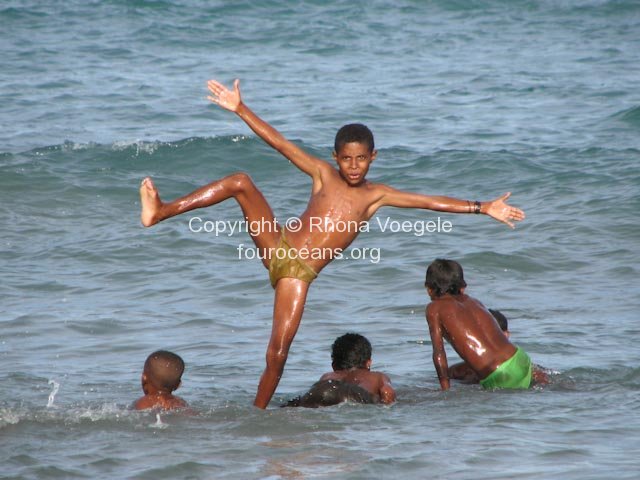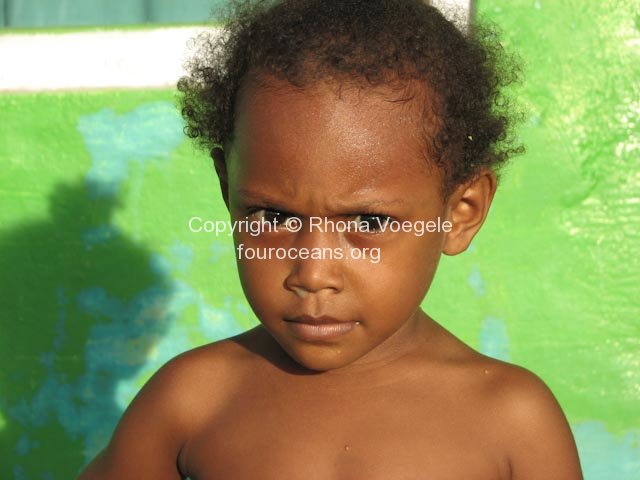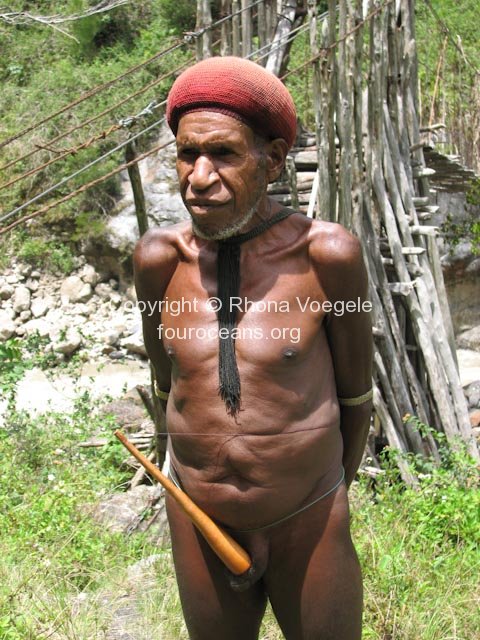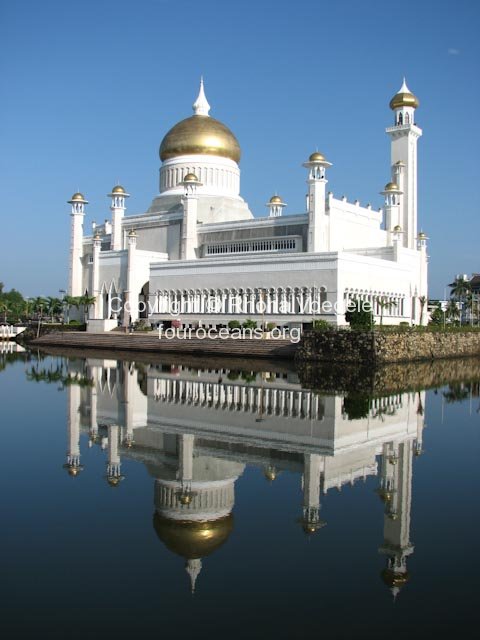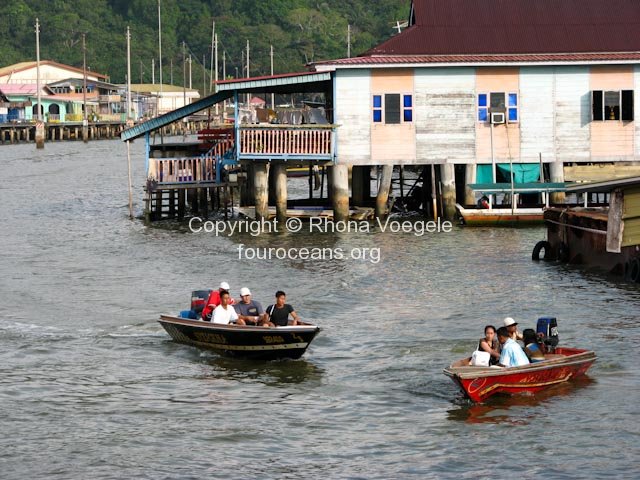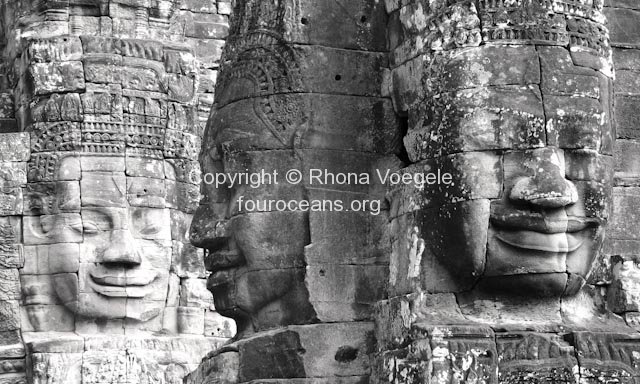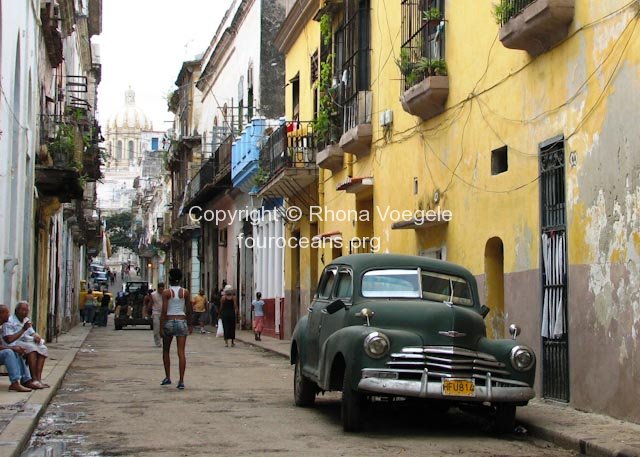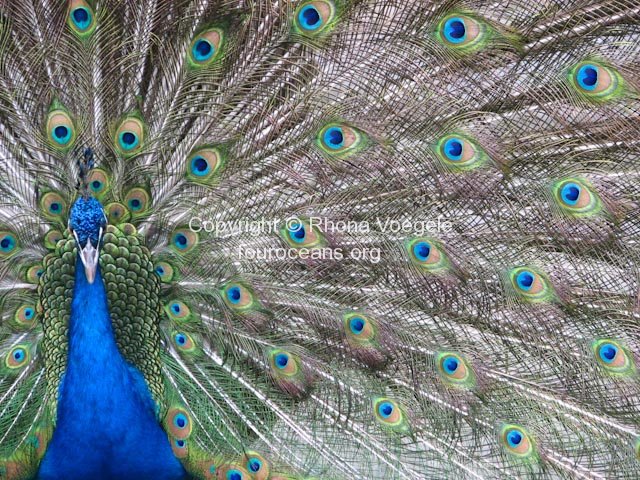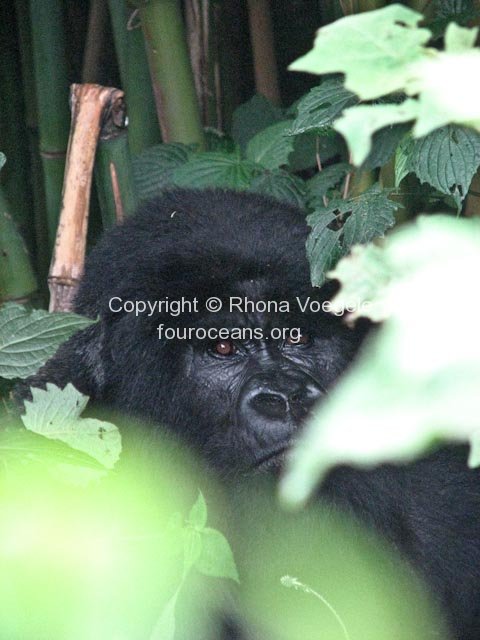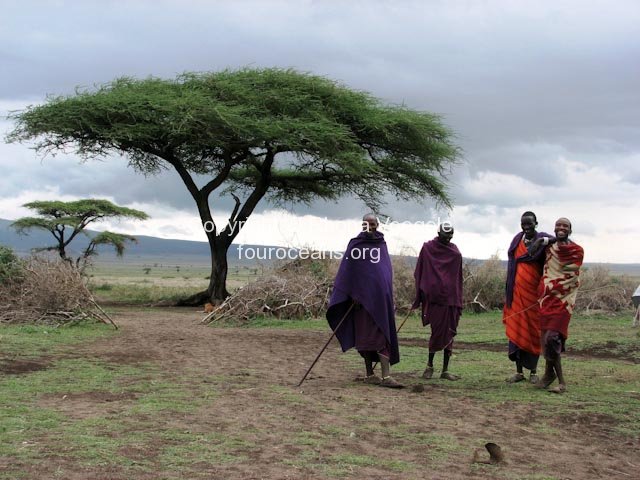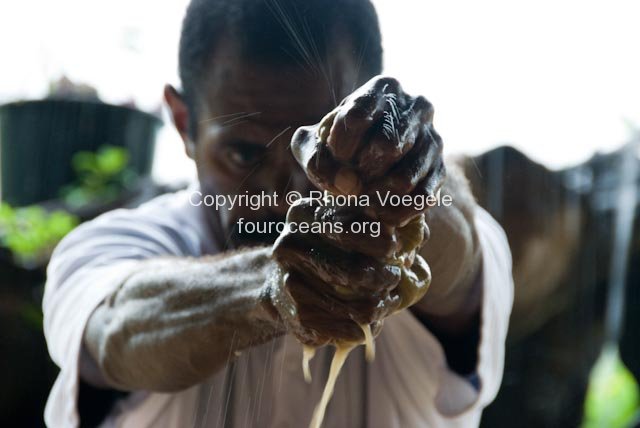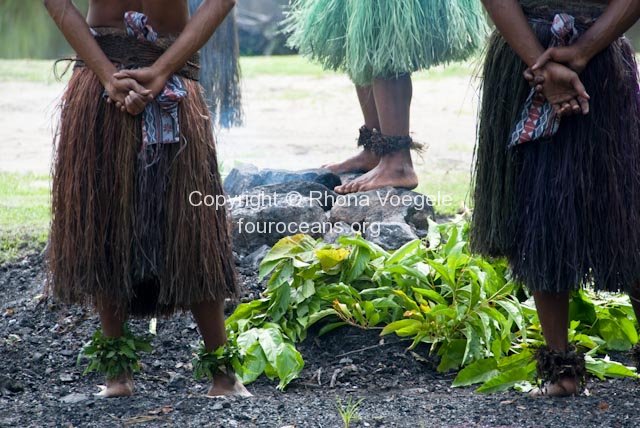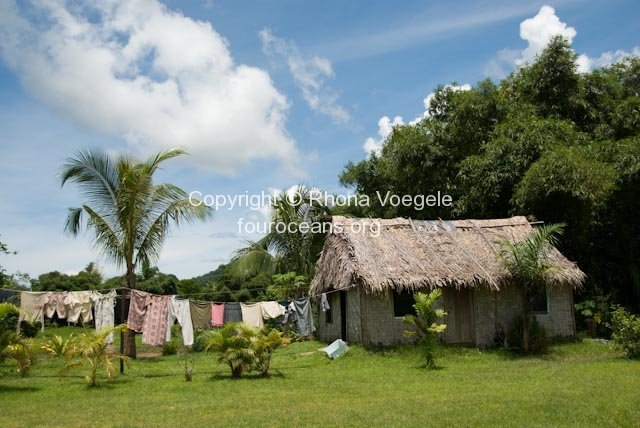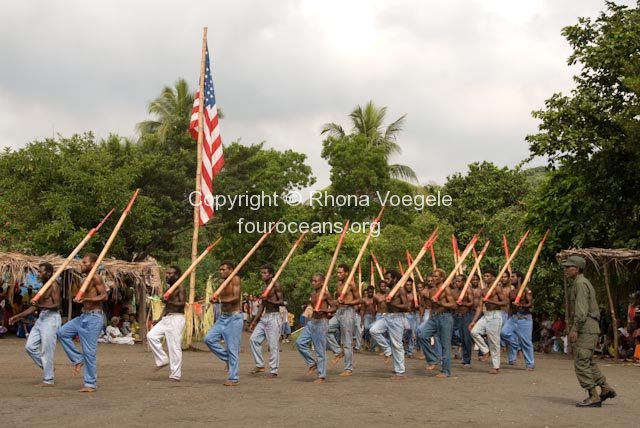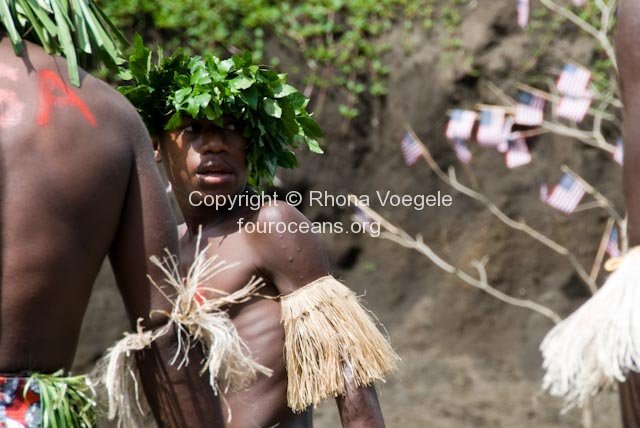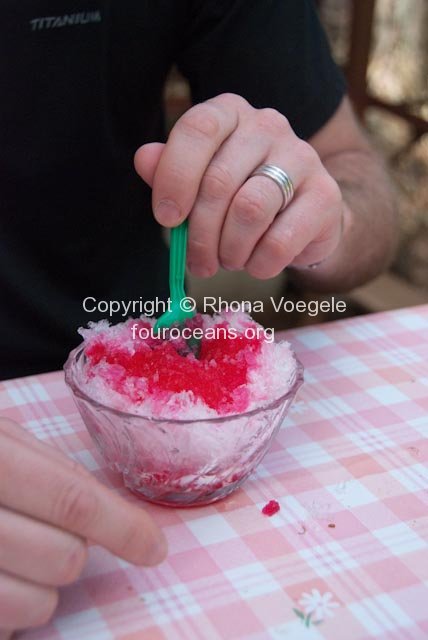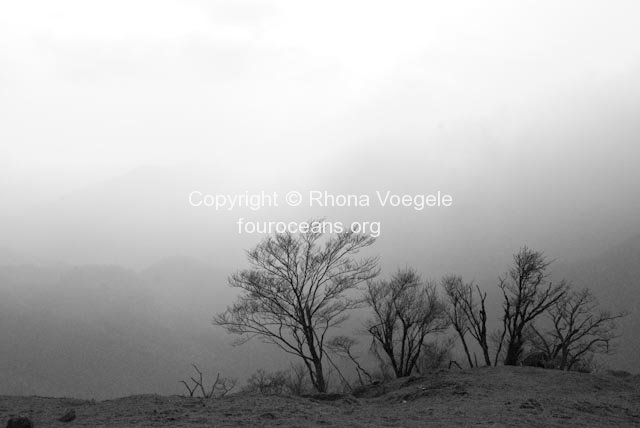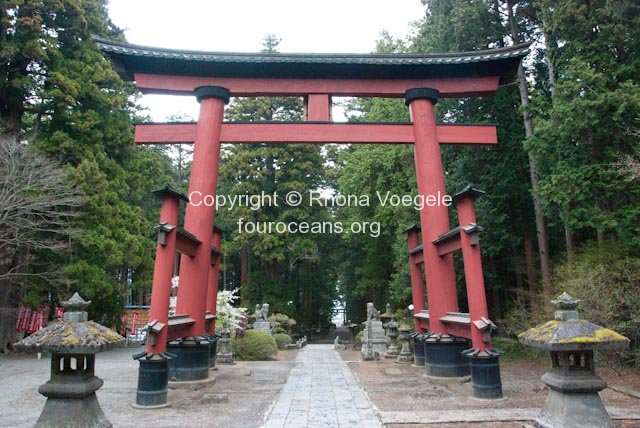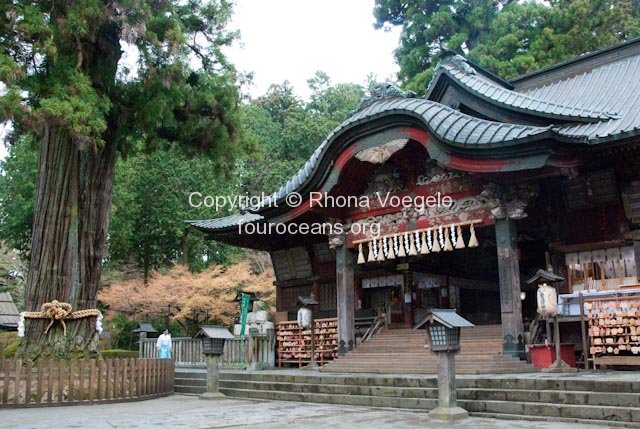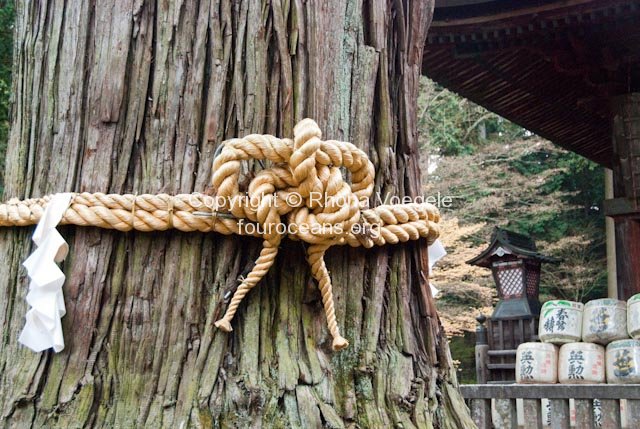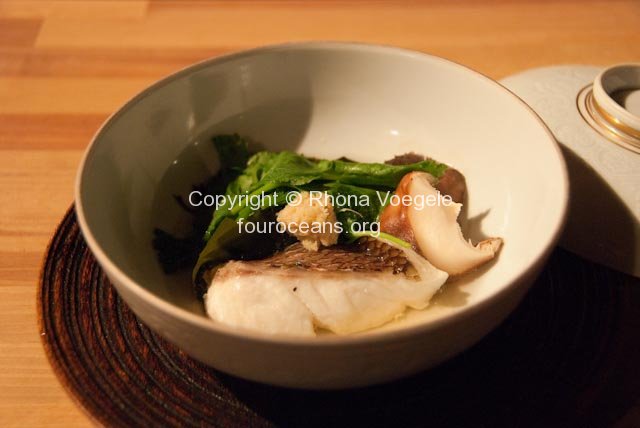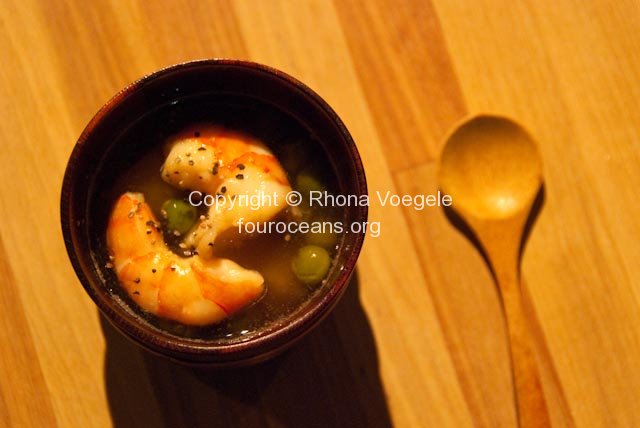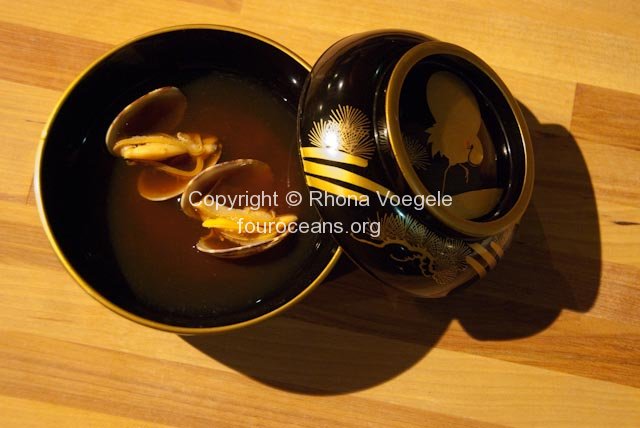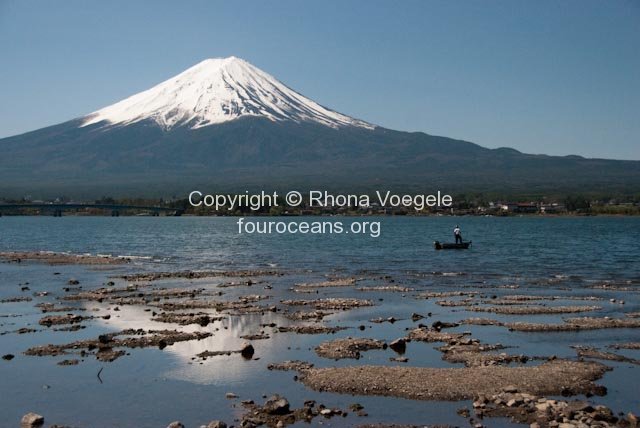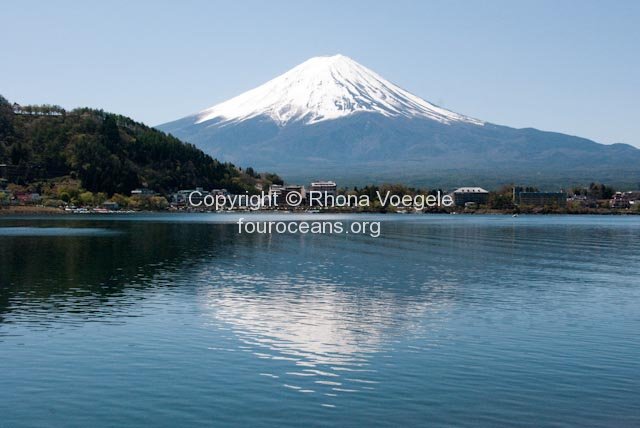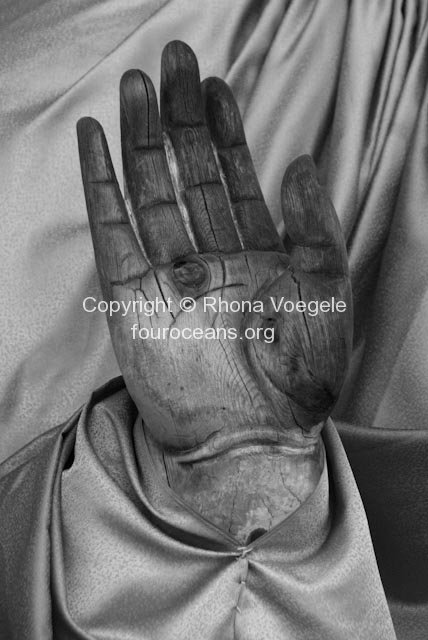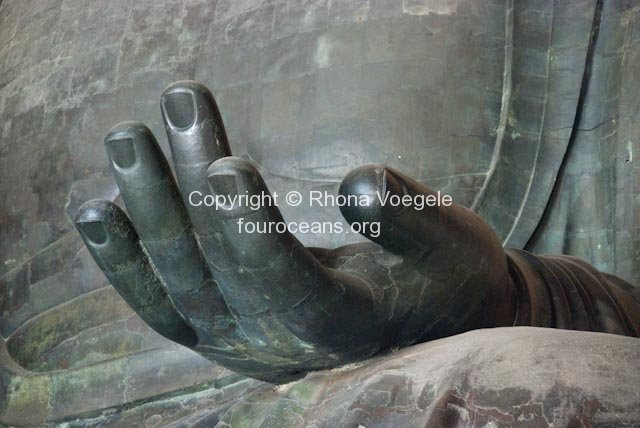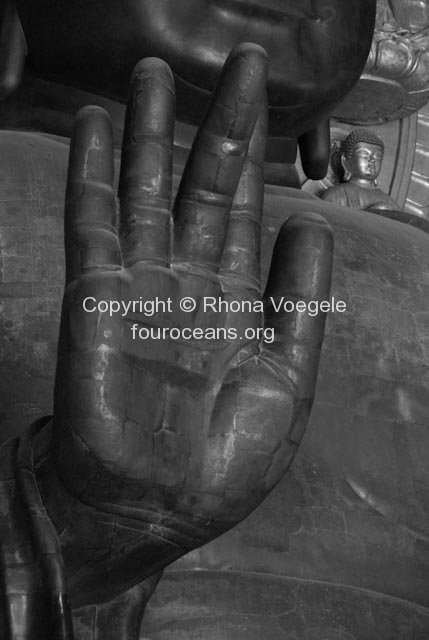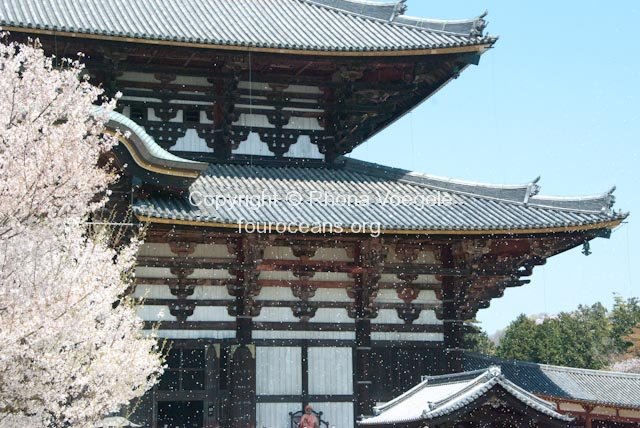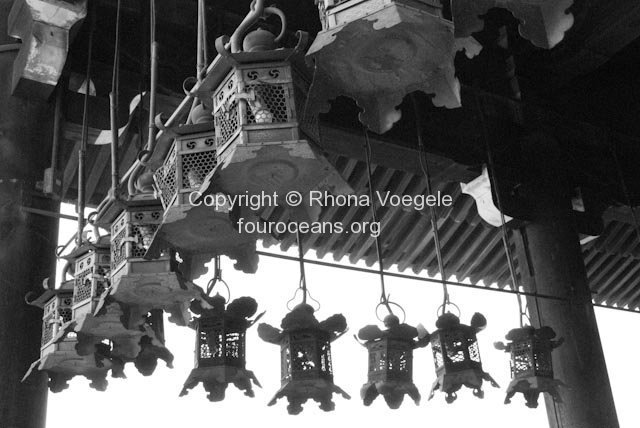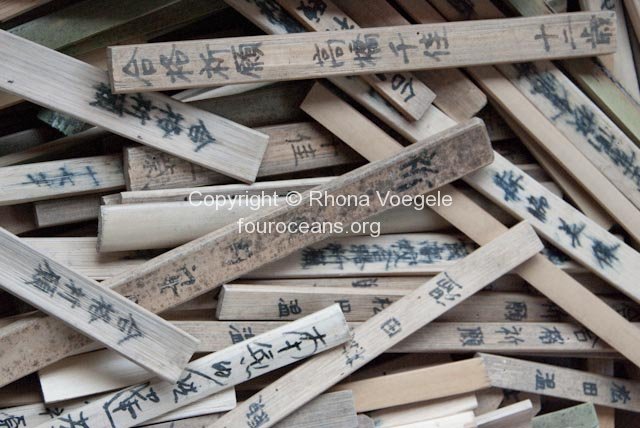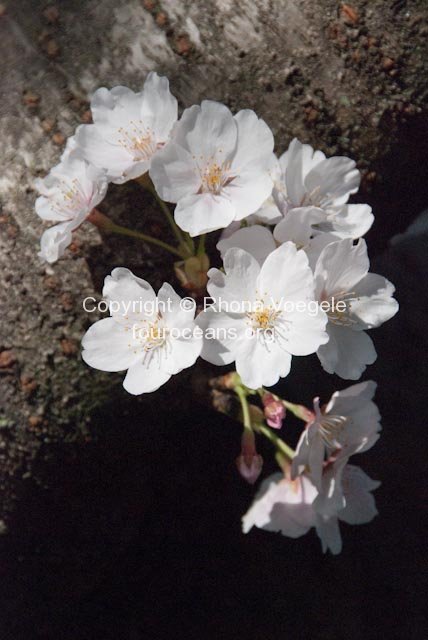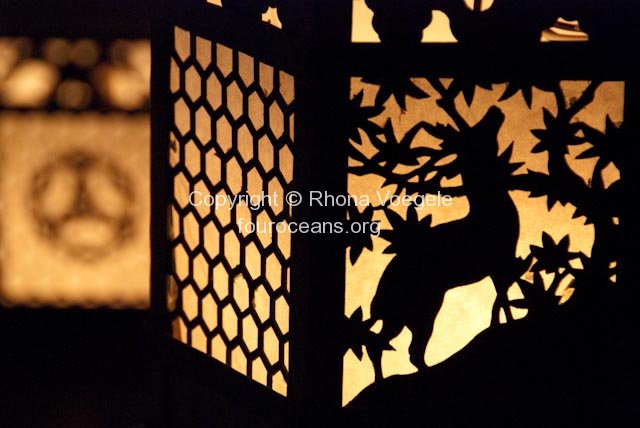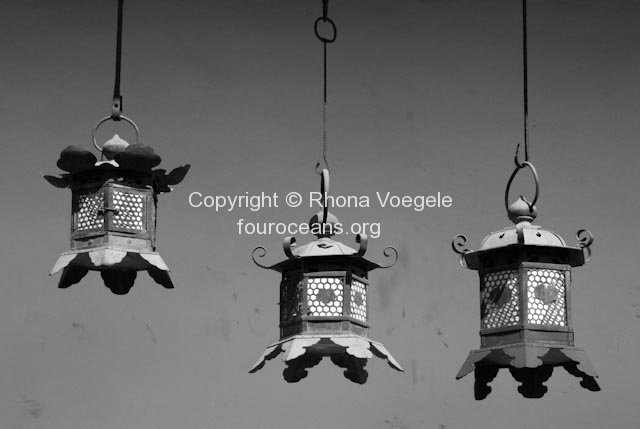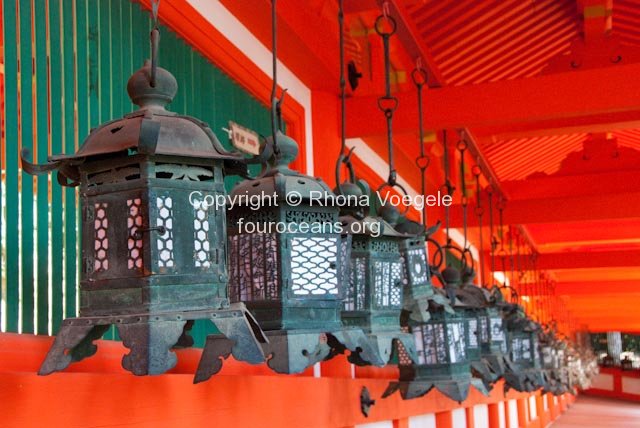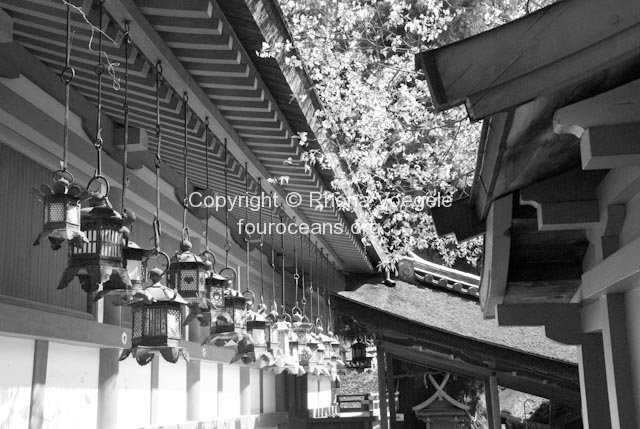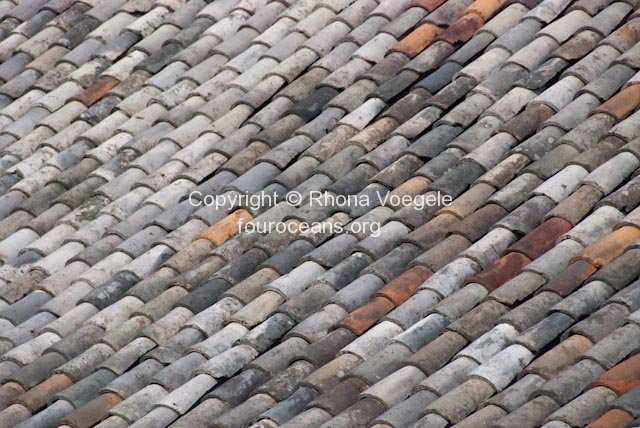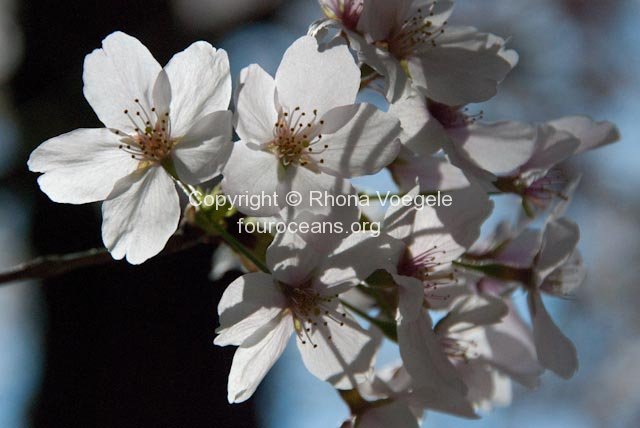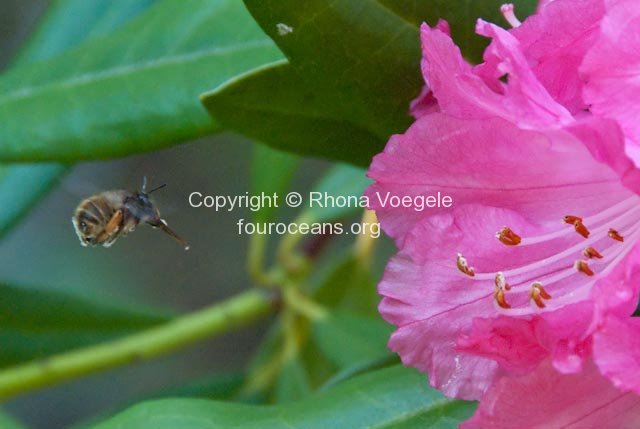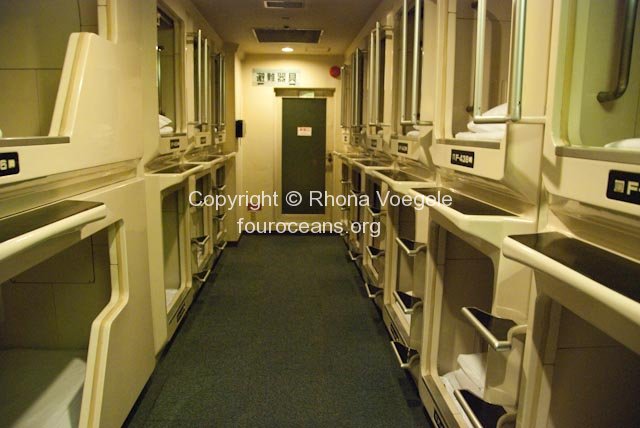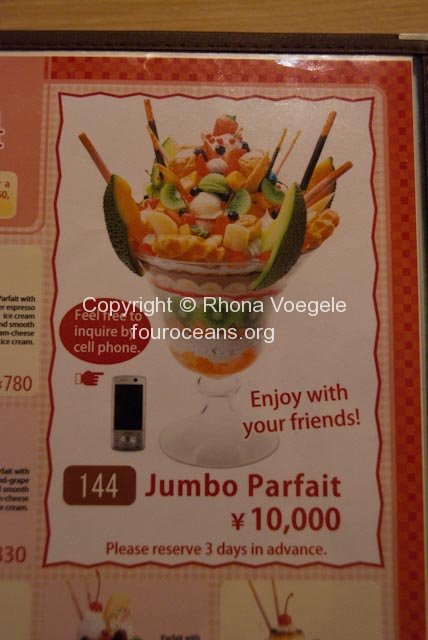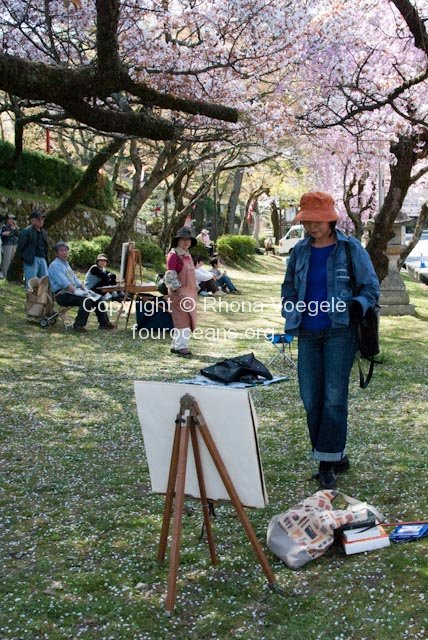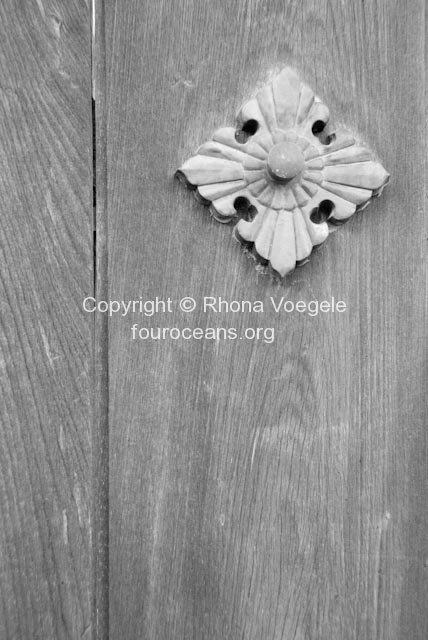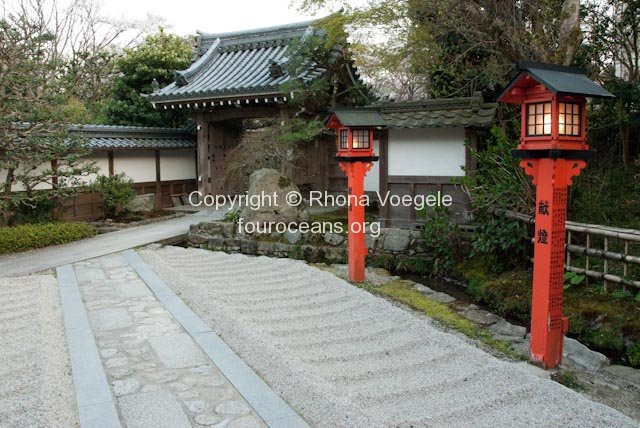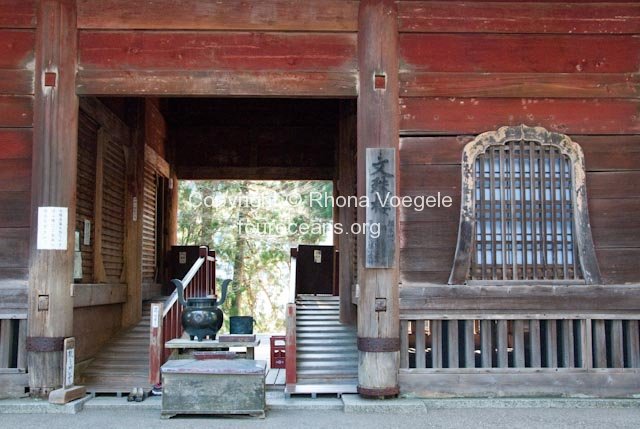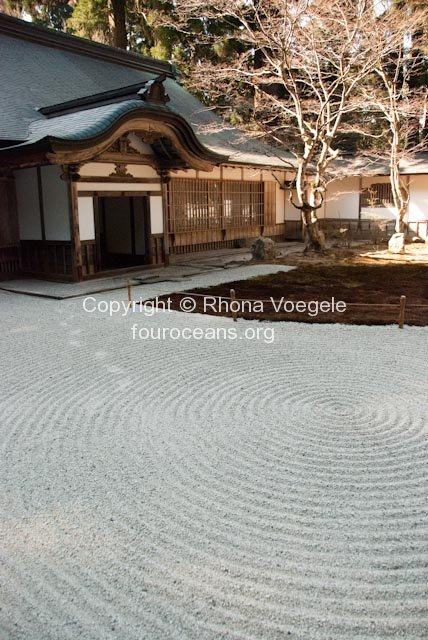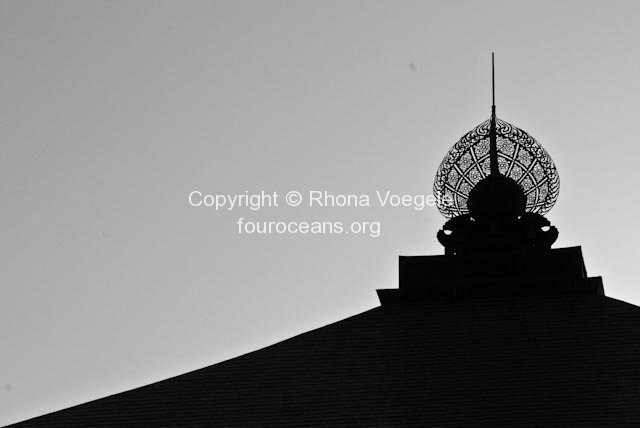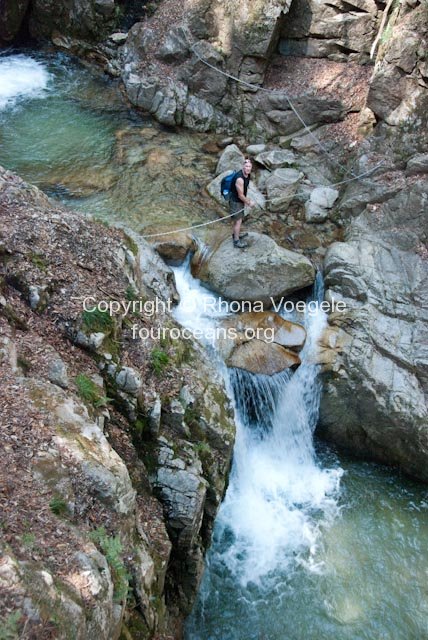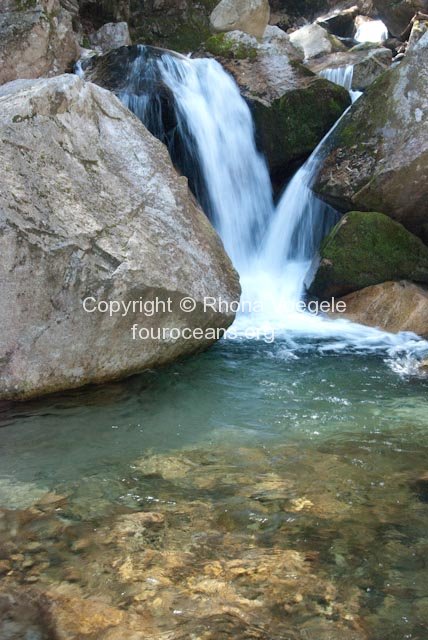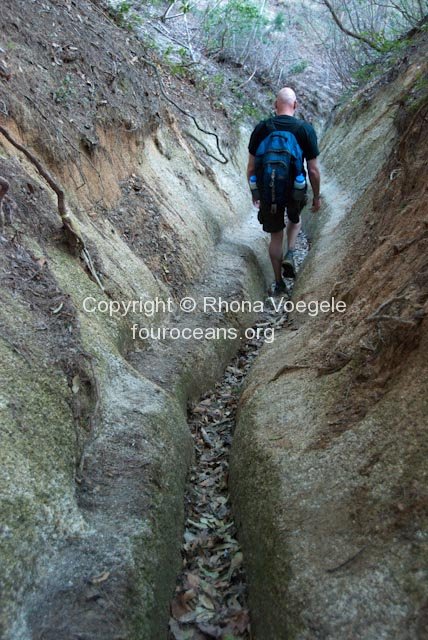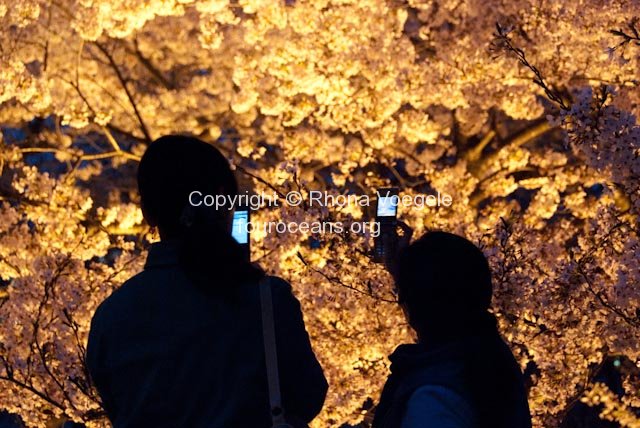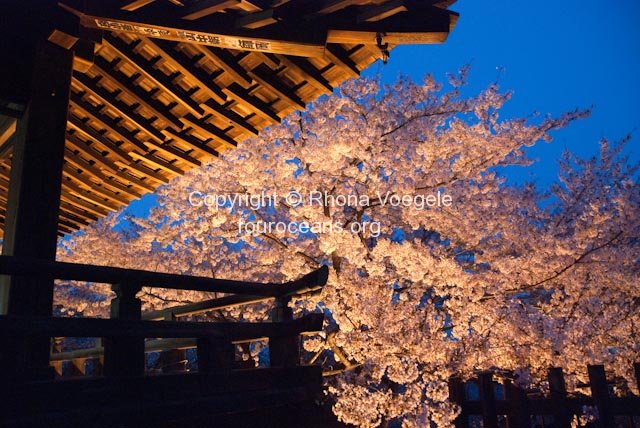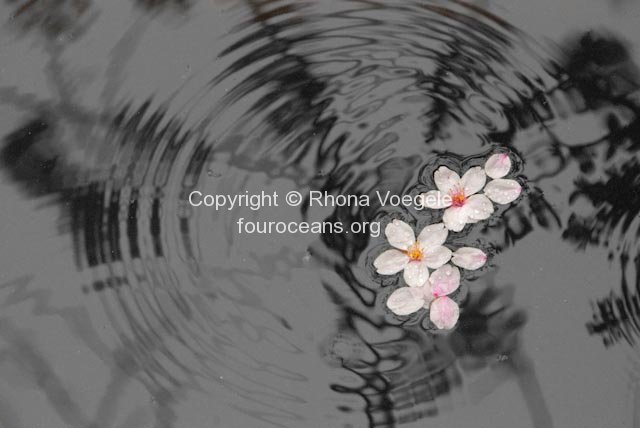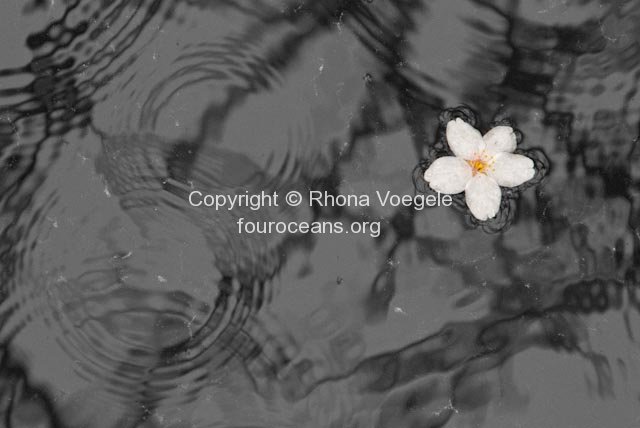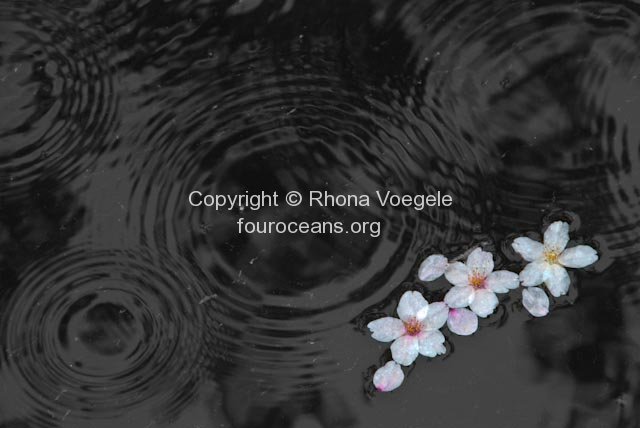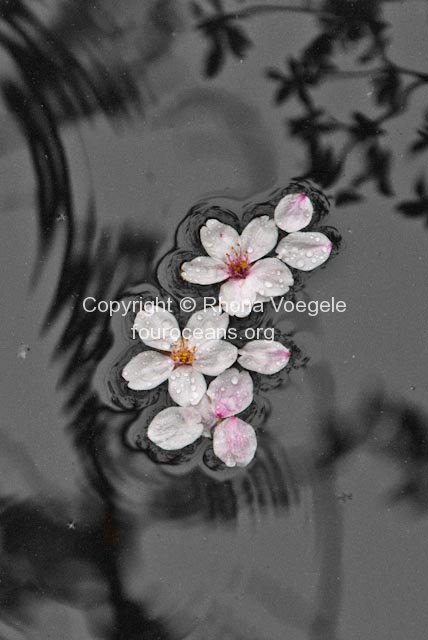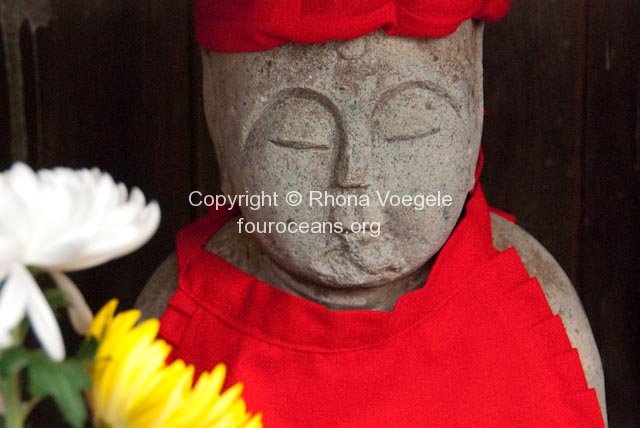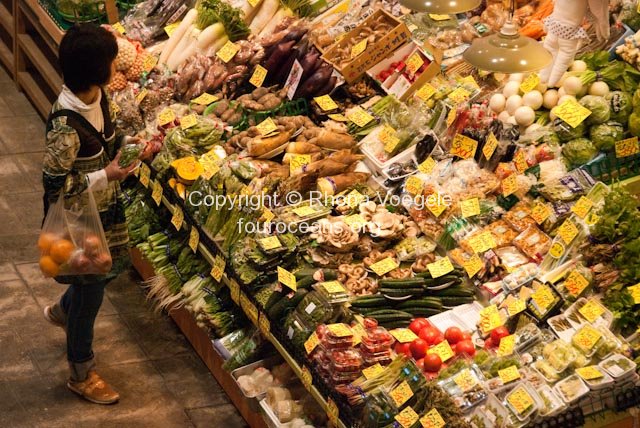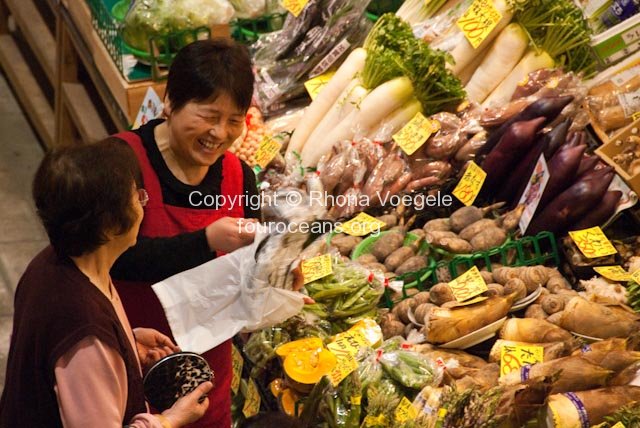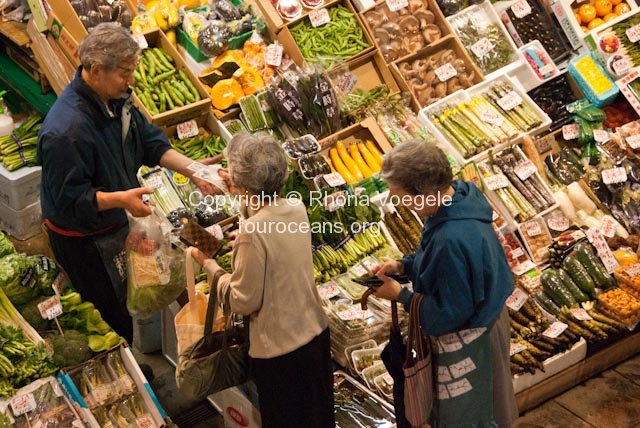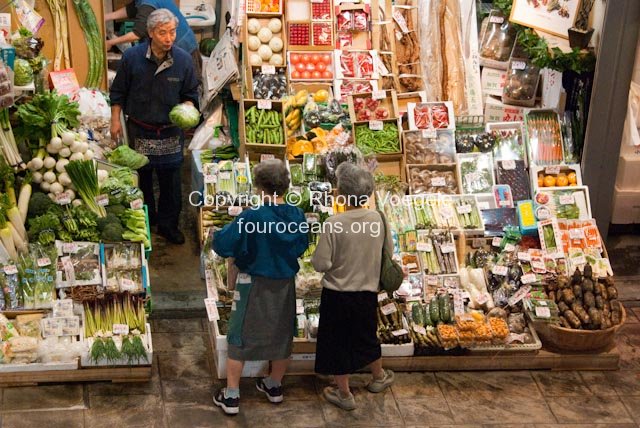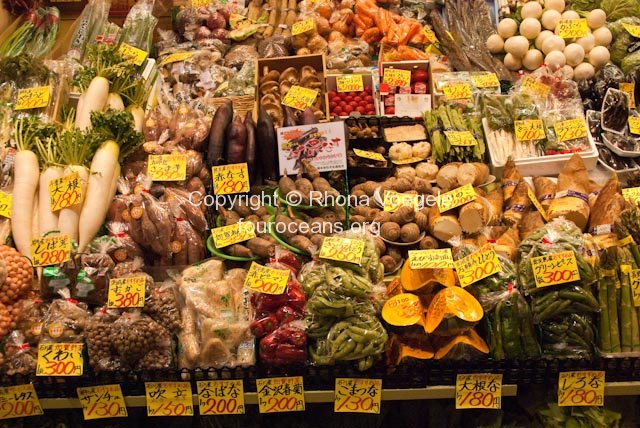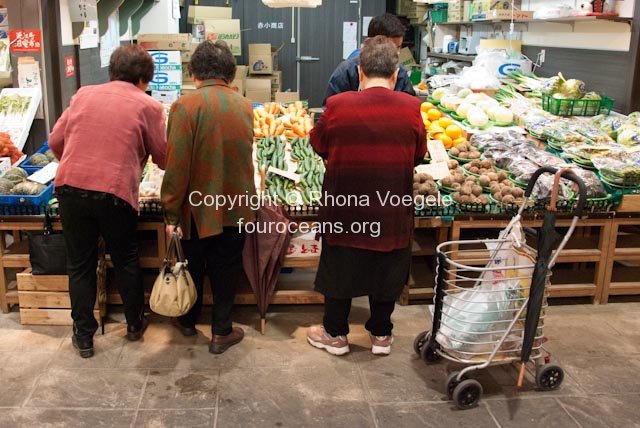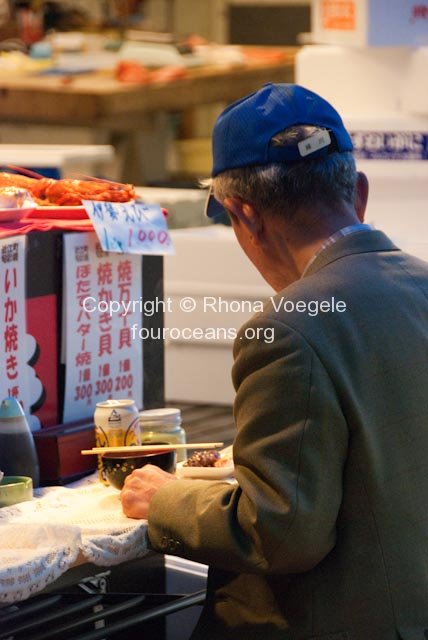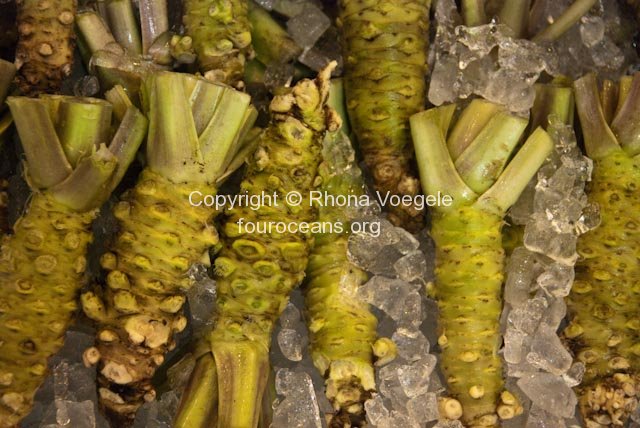—
—
We spent a few more nights in Osaka including one at a capsule hotel so Brett could experience the uniquely Japanese experience of sleeping in a 1m x 1m x 2m box. We put our shoes in a shoe locker, squished our big bags into the not so big lockers and went to our respective areas (men and women had separate lockers, bathrooms, lounge areas and sleeping capsules). In fact most capsule hotels don’t take women so it took a little searching to find one that would let me stay.
On our last full day in Osaka we went to Nara to check out some of the many ancient temples in what is considered Japan’s first true capital. In 710 the powers that be decided that the Shinto influenced practice of moving the capital after the death of every emperor was no longer necessary as Buddhism had taught them that death was simply a step in the never ending cycle of reincarnation. Or something like that. The capital only lasted in Nara for 75 years but it was a period that is still considered important in laying the foundations of modern Japanese society. We checked out some of the 8 UNESCO world heritage sites in the area namely: Todaiji, Kofukuji, Kasuga shrine and Gangoji. Todaiji houses the enormous bronze Buddha (the largest in Japan and one of the largest bronze statues in the world) in the world’s largest wooden building and is by far Nara’s most famous attraction. Kofukuji was moved to Nara in 710 and its pagoda is the second tallest in Japan. Kasuga shrine used to be rebuilt every 20 years due to Shinto ideals of purity and is now famous for its lantern festival. Gangoji was relatively unspectacular but had tiles on the roof that are a mind boggling 1420 years old!
That evening we popped in to Kyoto for dinner – our favourite sushi train and sundae for dessert combination. At the sushi train any special order comes out on a separate track on your own private shinkansen! Hours of entertainment! And the sundae place… ooooh the sundae place… if I were to tell you there were a place where the menu gave you almost 200 choices of delicious ice cream sundaes you would surely think I was joking. I’m not, such a place exists. They also have an 18,000yen (about US$200) mega sundae which must be ordered 3 days in advance.
After tearing ourselves away from the joys of Kyoto (we went back for Shabu-shabu/sukiyaki and one last sundae another night) and Osaka we headed to Lake Biwa, just north of Kyoto. My accommodation searching had yielded nothing and with Kyoto just 10 min south we didn’t have much hope for finding a place to stay but the visitor information in Otsu proved its worth and found us a place for all three nights. Not only that but the place seemed almost empty and we saw very few foreigners the whole time we were in the area. A little weird seeing how packed to the gills Kyoto was but then again I’ve been in Japan 2.5 years and never been to Lake Biwa even though I visited Kyoto too many times to count.
Our first afternoon at Lake Biwa we headed up Mt Hiei, a Buddhist mountain with what was once the most powerful temples in Japan. At the height of its glory Enrakuji had around 3,000 buildings and thousands of warrior monks. Then in 1571 Oda Nobunaga, busy uniting the country, saw the temple as a threat and burnt the lot, monks and all. I wonder if the phrase “all’s fair in love and war” negates the bad karma that would have created?
On the way home we picked up snacks for the next day’s hike and discovered that the 7-11 in Ishiyama was the place to be on a Friday night if you’re too young to get into bars (or wanted to pick up girls who are too young to get into bars). The hike was an all day event which started with the most incredible ascent past, through and around 8 spectacular waterfalls. At one stage the book commented that a river crossing looked impossible but that it was, in fact, what you had to do. Both Brett and I will attest to the fact that it was impossible to do without getting your shoes wet and the combination of slippery rocks, steep drops and strong current made it quite an adventure. At the top of the mountain we were looking forward to a bowl of noodles and a sugary drink at the cable car station. By the time we got to the top of the mountain I was also looking forward to a quick trip down. Unfortunately the cable car no longer existed and so we walked out, making it back to the train station not long before dark. Ramen never tasted so good.
At the moment we’re in Kanazawa and spent today wandering the streets in the rain. We also visited the city’s most famous attraction, the garden Kenroku-en. It’s listed in the top 3 gardens of Japan and was certainly worthy of the title, even in the rain. We didn’t have good weather and the rain is bringing down what remains of the delicate cherry blossoms though already you can see where the irises are going to come out along the streams. I’m reminded of how Japanese gardens are designed and planted so that there’s always something in bloom: as the cherry blossoms fade the irises bloom and so it goes on.
As I do my final read-over and edit before I post I’ll tell you about our dinner that we just got back from. It was a small Showa period (1926-1989) themed restaurant down on the main road. Apart from the cheap prices what struck us when we arrived was the all you can eat cabbage. That’s something I’ve never had before! We stuffed ourselves on homestyle Japanese food for the grand total of $10 each. Nice.
Tomorrow we’re headed back to Tokyo for a few days and then to the Fuji area before catching a ferry to Kita Kyushu and another ferry from Shimonoseki to Busan in South Korea. Long term plans change as often as we talk about them – ranging from WWOOFing in Kazakhstan to learning Spanish in South America or maybe studying massage in Thailand. Who knows?
See this week’s photos in the gallery or watch the slideshow above.
